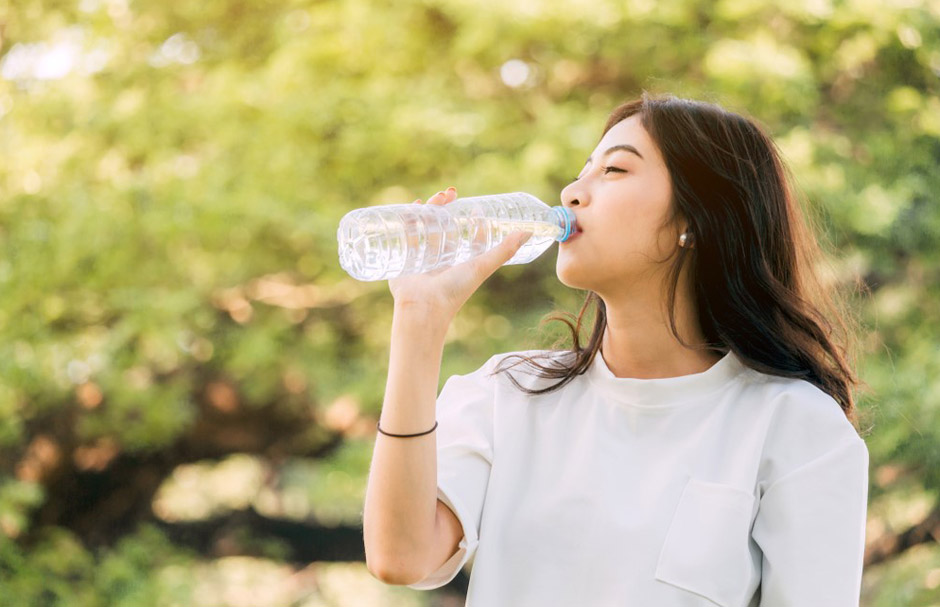Do You Know What’s in Your Bottled Water?

High Demand of Bottled Water
Singapore’s Public Utilities Board (PUB) has gone to great lengths to ensure that the country’s water supply is safe for consumption right off the tap, and kept incredibly affordable (tap water is 1,000 times cheaper than buying bottled water); but this hasn’t stopped Singaporeans from buying relatively expensive bottled water by the droves.
According to ASEAN Today, sales of bottled water in Singapore have jumped from $161.3 million in 2013 to $179.4 million in 2018. Another study from the Singapore Environment Council in 2018 also reported that about 467 million plastic bottles are used annually nationwide!
Yet, according to data from the National Environment Agency, only 4% of plastics were recycled that year. Indeed, the environmental and waste processing costs of plastic are sky-high as plastic is non-biodegradable and require a lot of resources to make.
Is Bottled Water Better Than Tap Water?
In the Singapore context where tap water is safe to consume, cheap and reliable, not at all. The vast majority of people continue to purchase bottled water simply out of convenience.
However, in places where tap water is unsafe for consumption, or in times of humanitarian crises, bottled water becomes more of a necessity.
So, What’s in Bottled Water?
Most bottled water is simply sourced from tap water. Alternatively, they may be sourced from springs, wells and aquifers; and all water has to be treated to become fit for human consumption. Every country has its local governing authority that oversees the compliance of bottled water companies.
Ultimately, bottled water needs to be:
- Protected and properly treated
- Held up to good manufacturing processes
- Protected during the duration of shipping and storage
When the above is not properly adhered to, biological and/or chemical contamination can (and sometimes do) occur, resulting in harm to human health. For example, in 2018, a major study conducted in the United States across nine countries found that several of the world’s leading brands of bottled water were contaminated with small plastic particles (microplastics).
Plastic contains properties that can leach into the water over time. Many plastic bottles contain bisphenol A (BPA), which is an industrial chemical that is used to produce plastic products. This can cause problems such as heart disease, hormonal dysfunction, infertility and more.
Other plastic bottles, though not having BPA, may also contain phthalate, a chemical that can cause long-term damage to the heart, liver, kidneys and reproductive system.
There is also a risk to reusing plastic bottles. Reused plastic bottles have a higher chance of containing disease-causing microorganisms, and for this reason alone, plastic bottles should be recycled instead.
To Consume or Not to Consume?
If you live in a country like Singapore, you should probably bring your own (non-single-use) water bottle with you from home when you go out. Not only is it much cheaper, it is also guaranteed safe for consumption and better for the environment.
Alternatively, if you’re going to be home or at your workplace for prolonged periods of time, why not consider having a filtered water dispenser installed instead? Not only does it guarantee limitless supply of hot and cold water, you can also be assured of an additional level of protection with their built-in filtration and purification features.
